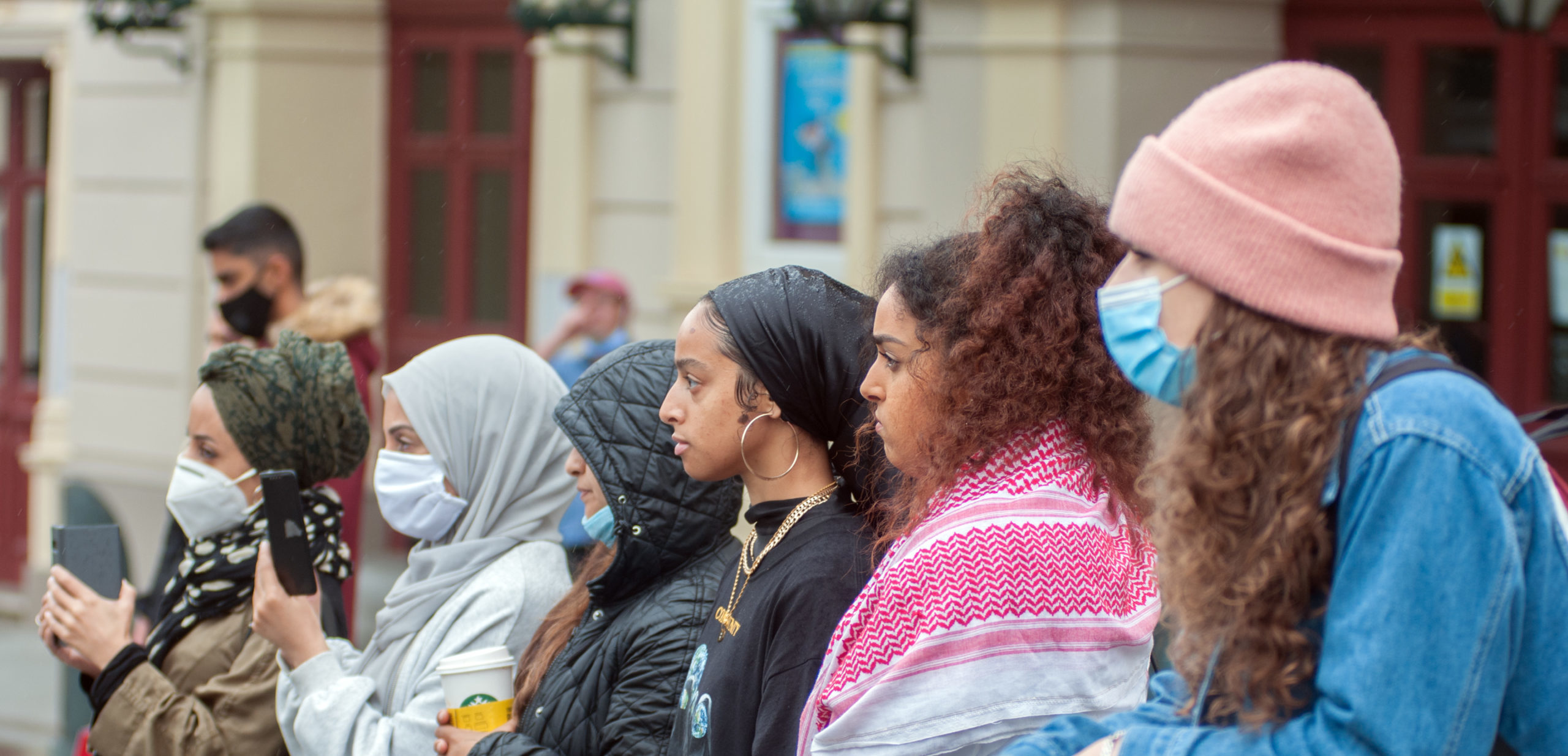Why Do Leftwing Women Disappear From Politics in Their 30s?
A decade of struggle can make tradwifery look mighty appealing.
by Joana Ramiro
20 September 2021

I am tired. I am tired and I want to switch my brain off, it’s turning into mush anyway. I don’t know whether that’s a side effect from a year and a half of social withdrawal or if it is merely a sign of advancing age. Indeed, I wonder if that’s what happened to those women that kept disappearing from the left when they hit 30.
I remember P – a comrade of mine in a Marxist organisation I was a member of in my 20s – complaining about the women who retreated into private life. Who were no longer available for committee meetings or banner making, or to make up the numbers at demos. I would look around and sure enough, couldn’t see many sisters.
Of course, the men knew why these disappearances were happening. Maybe it was M I heard one day, berating a social system that placed more pressing burdens on the womenfolk – or maybe it was S, I can’t remember. What I do remember is the men shaking their heads and inspecting the tips of their shoes.
Still, P would nearly make me believe these women’s withdrawal was less about the burden of social reproductive work as it was about their bourgeois tendencies. Why were children an obstacle to revolution? Hadn’t he organised a crèche for the latest conference? Why did women not participate more? Hadn’t there been a gender quota on our executive committee?
With the heady determination of my early 20s, I promised myself that I would never retreat from my revolutionary duty, no matter what age.
It’s over ten years later and I am tired.
I am tired by years of carrying a double burden. Years of taking minutes, reading polemics, keeping up with Facebook arguments and Twitter arguments and WhatsApp arguments and actual arguments. Tired of managing my own depression while also serving as emotional support to countless people, some in truly desperate circumstances. Tired of the moral acrobatics of keeping a job that must be politically kosher, personally satisfying, and paid well enough for me to survive in this city. Tired of feeling guilty for surviving.
I am tired and I understand much better why those women stopped writing Marxist book reviews or attending eight-hour conferences on sunny Saturdays. Why the crèche and quota weren’t enough. Why they got management jobs, moved to suburbia, married people that weren’t political. They did it because the alternative was to keep at it, and become bitter.
I’ve seen it happen too many times. Women who became nasty to strangers and friends alike, and nastiest of all to themselves. Women who became cruel. Women who soften in the presence of animals or children, because only they go through life unjaded. Women driven to the thought that, if you’re coping with the disappointment that life can be by trying to make it anything other than this sad inevitability, you are not worthy of their kindness.
I’ve reached an age in which I fear this same curdling of the spirit and – fuck! – I want to be happy.
Happiness is subjective, of course.
“I want to be a Tradwife,” I messaged a friend, drunk on my own misery during the first lockdown. It’s a reactionary desire but one that thousands of otherwise liberal women have welcomed and indulged in the past few years. Nor is it just some grotesque internet phenomenon. Rather, it is the expression of a need to transcend the reality of women’s liberation.
In our world of commodity-capitalism, happiness can be performative, too; connected intrinsically to signifiers of status via the medium of consumerism. “And if you can’t consume enough, enjoy yourself enough, experience your desire enough, what a failure you are,” as Jordy Rosenberg would say. Women my age were brought up to believe female emancipation meant having your own credit card, a dildo and a pair of Manolos. Bills, as Destiny’s Child sang, were “always 50/50 in relationships”.
How many of these women found themselves in drudgerous, low paid jobs? Or in drudgerous, inequitable relationships? Even today, I know far too many women whose boyfriends or husbands can barely fry an egg and never think of changing the sheets unless blood, sweat or semen stains are visible. The growing appeal of Tradwifery is born not of defeatism but of disillusionment with the unfulfilled promise of liberal feminism.
Tradwifery is trading a mediocre deal for an only marginally worse one. If the reality of being an independent working woman is the coupling of the longest period of wage stagnation since the Napoleonic Wars, with a gender pay gap of 15.5% and near-total responsibility for emotional and reproductive labour, then the idea of escaping the rat race for a life of domesticity might look mighty appealing. I was told once that even Rosa Luxemburg at times expressed the desire to run away to a farm and live a bucolic life; I don’t find it hard to believe.
In fact, I can perfectly comprehend those women who bolted from Marxism or took a leave of absence from praxis. Because maybe happiness isn’t long dog walks, the smell of a baby’s head, or the release from political responsibility.
But sometimes it feels very damn close.
Joana Ramiro is a journalist, writer, broadcaster and political commentator.


